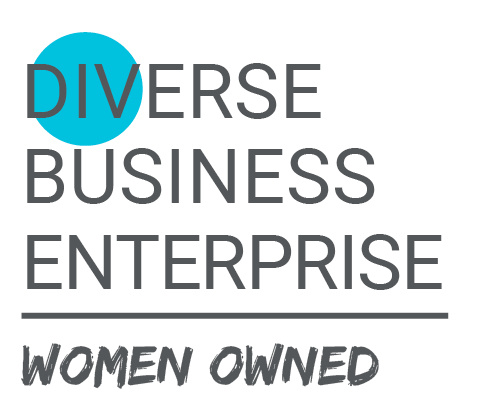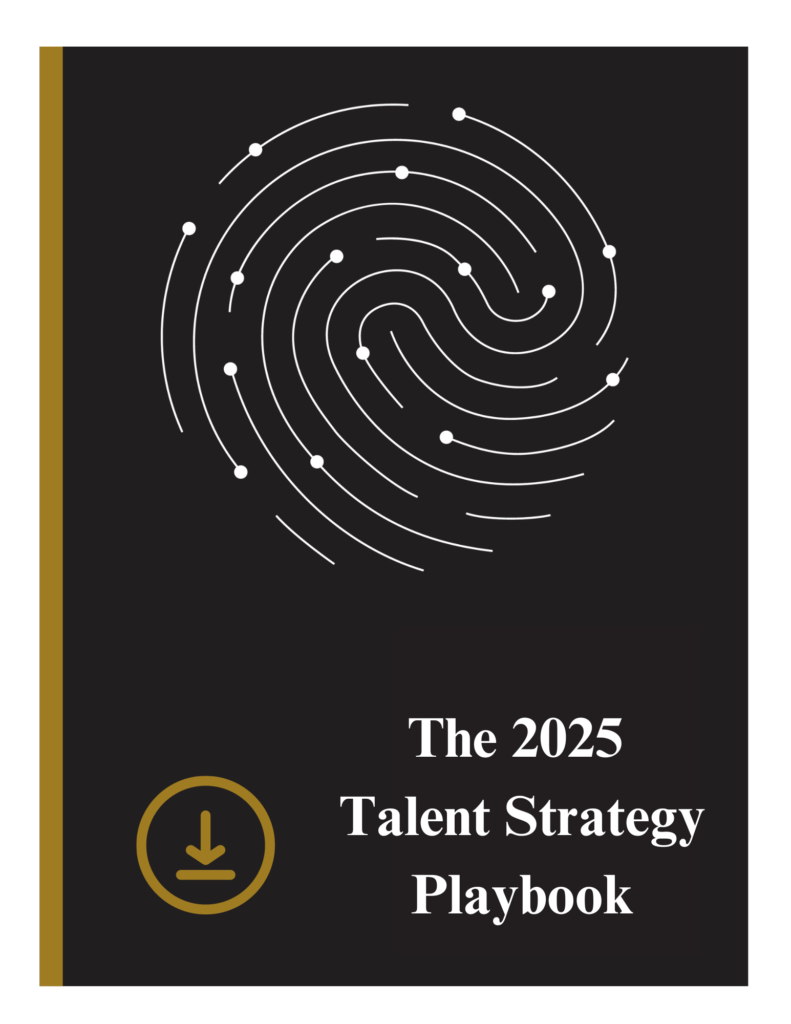Finding the right leader for a business has always been a big deal — but today, it’s about more than just business smarts. Companies are looking for executives who share their values and are ready to make a difference beyond the bottom line. Corporate Social Responsibility (CSR) has become a key part of how organizations operate, and the role of executive recruiters has evolved to match. The right leader can help a company thrive while making a real impact on the world.
Why is this shift happening? Consumers, employees, and investors are demanding that companies step up when it comes to things like sustainability, diversity, and ethical practices. A Deloitte study found that nearly 70% of executives rank sustainability as a top priority. This isn’t just a trend—it’s a transformation in how businesses approach leadership. The leaders of tomorrow need to do more than meet financial goals. They need to inspire teams, build inclusive cultures, and tackle big challenges like climate change or social inequality.
For executive recruiters, this means looking at candidates differently. It’s not just about their professional experience but also about their track record in CSR. Do they champion green initiatives? Do they walk the walk when it comes to diversity and equity? Let’s dive into how CSR is shaping executive recruitment and why companies that ignore this risk are being left behind.
Why CSR Matters in Leadership
Businesses are facing pressure from all angles to take a stand on major issues like sustainability and equality. This responsibility doesn’t sit in one department anymore—it starts with leadership. Executives who prioritize CSR can drive benefits like building brand trust with customers, attracting talent who want to work for purpose-driven companies, and staying ahead of regulations with a proactive approach.
Take Patagonia, for example. Their leadership’s commitment to environmental sustainability is woven into their culture. It’s not just a feel-good story—it’s a strategy that builds trust with customers and inspires their team.
The Challenges of Finding CSR-Focused Executives
Finding executives who genuinely care about CSR isn’t as easy as it sounds. It takes more than adding “commitment to sustainability” to a resume. Recruiters need to identify leaders who have visionary thinking to integrate CSR into long-term strategy, strong communication skills to connect authentically with employees and communities, and a results-driven mindset to show tangible outcomes from CSR efforts.
Recruiters are adapting their methods to find these leaders. This includes digging into candidates’ past CSR initiatives, asking the right behavioral interview questions, and checking references for concrete examples of socially responsible leadership.
How Recruiters Can Make a Difference
Executive recruiters are in a unique position to push for change. By focusing on CSR during the hiring process, they can ensure businesses get leaders who align with modern values. This can include crafting purposeful job descriptions that highlight CSR responsibilities, building diverse talent pools to reflect a wide range of perspectives, evaluating how well candidates’ personal values align with the company’s CSR goals, and educating clients on why prioritizing CSR in leadership is a win-win.
The Business Case for CSR-Focused Leadership
Let’s not forget that prioritizing CSR isn’t just the right thing to do—it’s also good for business. Studies show that companies with strong CSR programs often outperform their peers. Engaged employees, loyal customers, and a solid reputation drive results.
Unilever is a great example. Under Paul Polman’s leadership, they combined sustainability efforts with business growth. Polman didn’t just talk about CSR—he made it a core part of how Unilever operated, and it paid off.
The Road Ahead
CSR is only going to grow in importance, and executive recruitment will continue to play a key role in finding leaders who can take it to the next level. For companies, hiring a leader who prioritizes things like sustainability and inclusion isn’t optional anymore—it’s essential for staying competitive.
Recruiters who embrace this shift have a chance to do more than just fill roles. They can drive meaningful change, helping businesses succeed while contributing to a better future for everyone.
The intersection of executive recruitment and CSR is a powerful space where companies and communities win together. By prioritizing socially responsible leaders, businesses can position themselves for long-term success and make a real difference in the world.



















